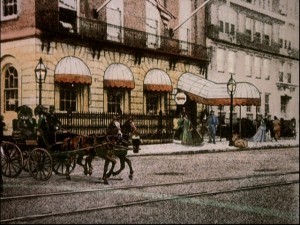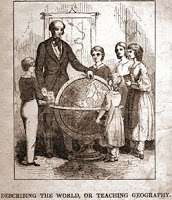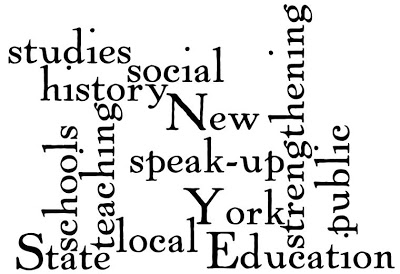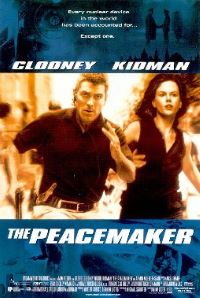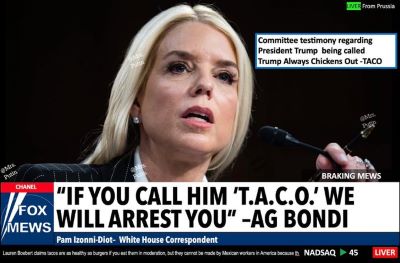
The Common Core continues to be in the news, so recently I attended “Uncommon Approaches to the Common Core 2: Inquiry-based Learning Access across the Disciplines” held August 12-13 at the Office of Education in Albany.
One session included 10 breakout groups by geographic area. In the Mid-Hudson discussion group there were about 13 people, double that number in New York City including 10 people from the Queens Library who were not on the attendance list, and over 60 people at the Capital Region group. Some of the other regions were even less attended than the Mid-Hudson group. Continue reading “NYS History, The Common Core, And Social Studies”




